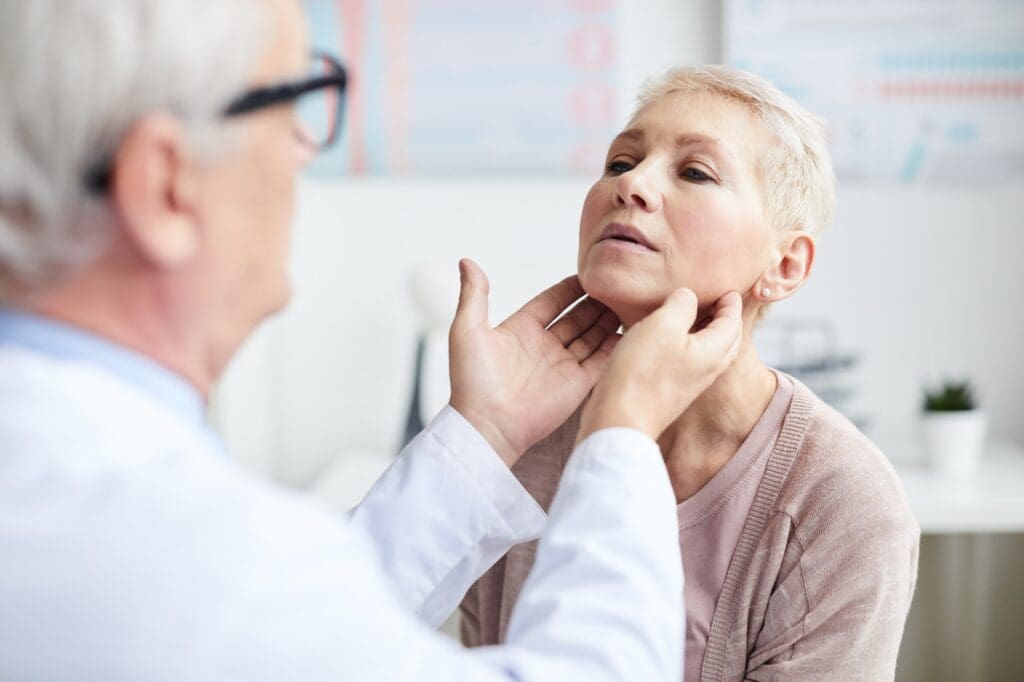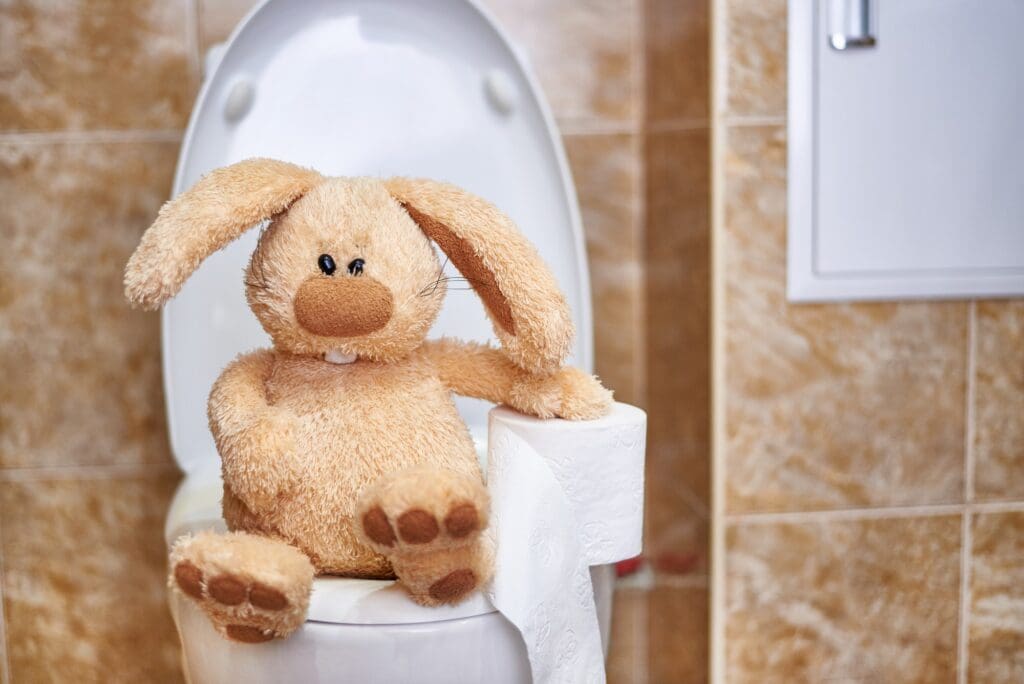



In urge or urge incontinence, the stimulus forces the patient to urinate immediately when it occurs. The sphincter muscle may be intact, but it cannot hold urine many times until it reaches the toilet. It is characterized by a frequent urge to urinate at short intervals, with awakenings at night. The bladder is unable to function with its former capacity, the urge to urinate occurs even when it is slightly full. Such people go to urinate 10-20 times a day, they always make sure there is a toilet nearby. After a while, this significantly affects daily life. The reason is the increased sensitivity and irritability of the bladder wall and mucous membrane.


A Causes of this type of incontinence are a heightened sensitivity and irritability of the urinary bladder wall and its mucous membrane. The condition can be prevented by reducing the intake of the substances secreted with and concentrated in the urine, which are irritating the inner walls of the urinary bladder (strong spices, nicotine, alcohol, caffeine).
The symptoms that the patient experiences are treated by medication. Recently, a new medication was introduced in Hungary that soothes the bladder and reduces related pains and sensitivity. Regular intake of this medicine reduces the involuntary contractions of the bladder wall, so that the patient does not have to get up at night that often anymore and can hold the urine for a longer time. Discomfort and compulsory reliance on the toilet will end.
My special qualifications include the investigation of complete female urinary incontinence, conservative and surgical treatment, the treatment of various types of gynecological prolapses, especially with “mesh” solutions. During my years abroad, I gained a high degree of proficiency in laparoscopic surgical techniques. I also have a “B” grade obstetrics and gynecology ultrasound qualification and an IOTA license.
Copyright © 2024 Villa Medicina All rights reserved